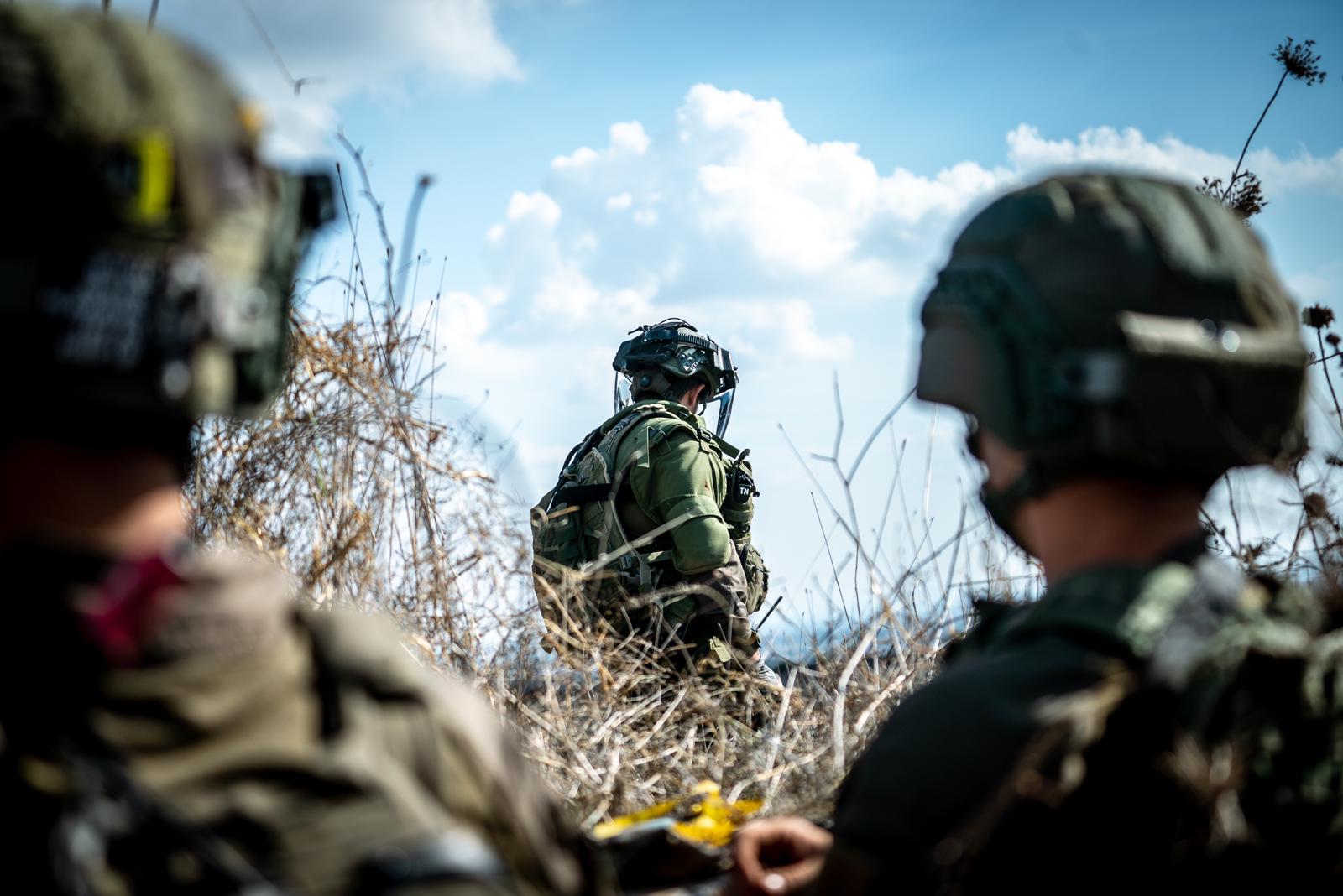A Response to Deborah Pearlstein
Over at Opinio Juris, Deborah Pearlstein says that "it’s disheartening to see conversation already turning to old, old debates about interrogation." Pearlstein is upset because certain people (including us) have suggested that the fact that key pieces of information leading to Bin Laden's capture appear to have come from the CIA's interrogation program might reignite debate over the merits of that program. She says that,
Why is this a fruitless (not to mention so, so old) conversation?
Published by The Lawfare Institute
in Cooperation With

Over at Opinio Juris, Deborah Pearlstein says that "it’s disheartening to see conversation already turning to old, old debates about interrogation." Pearlstein is upset because certain people (including us) have suggested that the fact that key pieces of information leading to Bin Laden's capture appear to have come from the CIA's interrogation program might reignite debate over the merits of that program. She says that,
Why is this a fruitless (not to mention so, so old) conversation? Any number of reasons. For one, the odds are negligible that we will ever truly know who produced the critical piece of information when and for what reason. If perchance we do learn the actual “facts” about what happened--facts as distinct from competing anecdotal accounts selectively leaked by “official sources” with agendas of their own--they will prove nothing in any meaningful way. If a detainee effectively volunteered key information, advocates of waterboarding, prolonged isolation, etc. will insist torture could have produced it sooner. I’ll look forward to their controlled study. If a detainee gave up the information under torture, critics will insist that it is impossible to know whether he also would have conveyed the same information under other conditions. Just right.She concludes,
all the arguments that existed about the legality, morality, and efficacy of torture that we had when we had the debate in 2002, and 2004, and 2006, and 2008 and all the years in between--remain the same today as they were yesterday. So let’s note that the U.S. law prohibiting cruel techniques has been strengthened since 9/11. Let’s recall that there was nothing at all in the President’s speech last night to suggest that this no-doubt defining experience of his presidency has led him to reconsider his standing executive order reinforcing existing prohibitions. And let’s not nudge the blogosphere to see that yesterday’s events “reignite” that old, rightly concluded, debate.I disagree with Pearlstein very profoundly on this point. She is arguing, in effect, that we can't know whether coercion played a role in generating the intelligence that led to the operation against Bin Laden, and that the inquiry thus can't possibly effect the obviously-correct judgment President Obama made to curtail the use of coercive practices. Pearlstein is right, of course, that we will never know with any certainty whether any specific piece of information that the CIA program developed would have been developed had the program used no coercion--or had the program not existed at all and had the interrogators in question been military folks. One can never establish a but-for relationship between coercive practices and any valuable intelligence that we learned following its use. But I do not think the effort to understand the value added of the CIA program is useless. In fact, I think it's critical. If one believes that the program contributed nothing--or little--of value that could not have been obtained in a manner that did not trouble our collective conscience, one will and should feel very differently about it than one will and should if one believes it provided critical intelligence that saved American lives and led to the capture and killing of key Al Qaeda figures. While it may be impossible to get certainty on the answers to these questions, it should not be impossible to get some more solid understanding of the matter than we currently have as a society. A lot of people are quick to opine on this matter in one direction or another, but it has received virtually no impartial study. And at least in my opinion, it matters very deeply. We are not currently capturing large numbers of high-value enemy figures in the context of a threat environment in which we all believe that the next attack is imminent. But that day will come again. And when it does, our decision regarding what interrogation tactics we will and won't consider using will not be a simple moral decision. It will be a multivariate decision in which a key variable will be how good we think the take is likely to be. In other words, it will matter enormously whether we believe there is or is not a tension between our values and our needs and interests in that situation, how grave that tension is, and what we will be giving up--and what risk we will be assuming--if we keep our values pure. My point isn't, I want to stress, that what we have learned vindicates the CIA program or the coercive tactics used within it. We do not know remotely enough to say anything of the kind. My point is merely that what we have learned raises the possibility--once again--that this program may have made, and long after its closure may still be making, a significant contribution to American security. The possibility of that contribution simply has to be part of the equation as we weigh the program in retrospect. Declaring "Let's Not Talk About Torture" will not make the matter go away.
Benjamin Wittes is editor in chief of Lawfare and a Senior Fellow in Governance Studies at the Brookings Institution. He is the author of several books.





